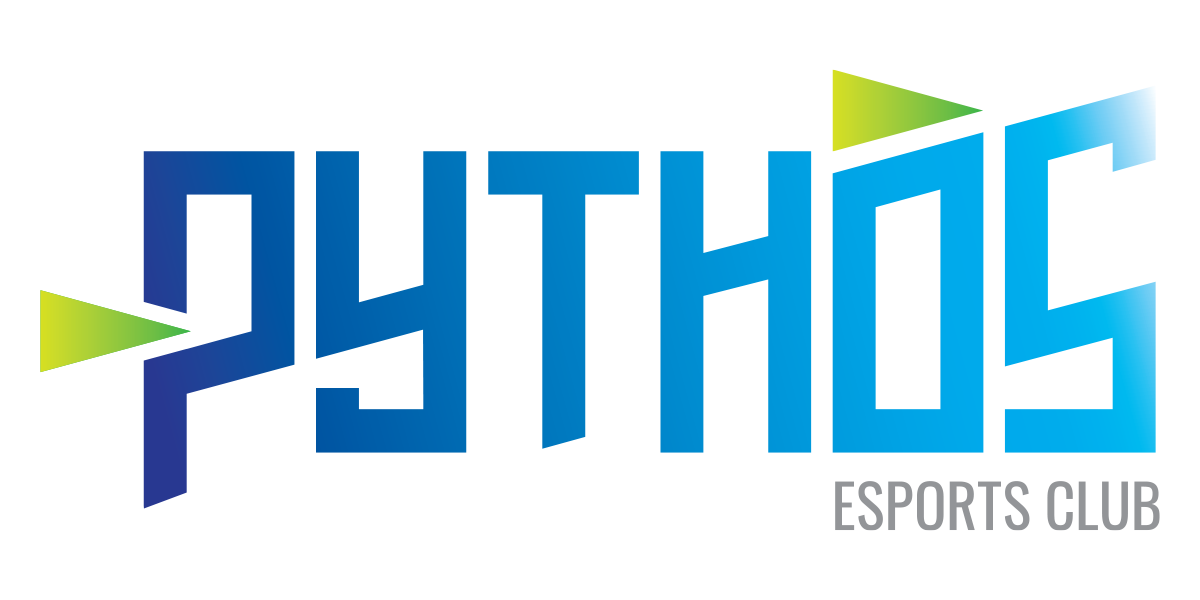03 Apr New Hampshire Poised for $63.8 Million Tax Boost with New Video Lottery Terminal Proposal
(Image: Belish via Adobe Stock)
In news out of New Hampshire, the Granite State looks set for a gambling revolution as Senate Bill 83 (SB 83) edges them closer to legalizing real slot machines.
In a bid to replace Historical Horse Racing (HHR) machines with video lottery terminals (VLTs), the state Senate approved the bill on March 27th, which lawmakers claim will unlock an impressive $63.8 million in additional tax revenue.
Before now, New Hampshire had imposed a limit to only charitable gaming, with 12 casinos operating under stringent regulations.
Maine introduces internet gaming bill to ‘create opportunity’ for Wananaki Nations
Mississippi anti-sweepstakes casino bill fails after online sports betting amendment
PokerStars Ad Banned for Promoting ‘Guaranteed’ Gambling Wins
Despite these venues offering HHR machines, poker, bingo, and select table games, they only managed to capture 16% of their potential $1.1 billion gaming revenue, according to a Spectrum Gaming study.
Currently, the system remains legal under parimutuel betting laws, with HHR machines mimicking slot machines in appearance. However, they’re primarily configured to utilize horse race data instead of a more traditional random number generator.
HHR machines operate 30% slower than conventional slot machines, but they also have higher running costs, making them far less profitable for the casinos, not to mention the state.
As a result, should SB 83 pass the House, New Hampshire will see an inevitable financial windfall. The annual gaming proceeds are forecast to leap from $361 million (HHRs) to a projected $470.8 million (slots), similar to Rhode Island’s recent reporting.
From this, legislators will migrate to a new revenue model that would integrate 40% of the total slot income allocated to the state and its charities, up from the current rate of 25%. A direct consequence of this would mean the state’s taxable revenues would also double from $58.7 million to $122.4 million.
This would include a proposed $30.6 million for the Lottery Fund, $30.6 million for elderly and disability tax relief, and $61.2 million for police and fire pensions while also reducing unfunded liabilities by $26 million every two years.
What the Critics Say
Despite the appeal of being able to rejuvenate state tax revenues, the bill still has its critics, with many claiming it lacks the safeguards needed to protect residents from problem gambling.
At the forefront are calls for a preferred speed restriction on slot machines, whereas SB 83 will rely on a state-wide user self-exclusion database instead.
Nevertheless, while New Hampshire’s passage to legalize slots parallels the national trend, it does so in an effort to capitalize on gambling tax revenues for increased state spending. That being said, despite the current bill format’s detractors, New Hampshire looks likely to be the latest state to fully embrace slot gaming, having recently rejected to raise the legal sports betting age in January.
The post New Hampshire Poised for $63.8 Million Tax Boost with New Video Lottery Terminal Proposal appeared first on Esports Insider.
Esports Betting & Gambling, Legal, regulation, slot games


No Comments